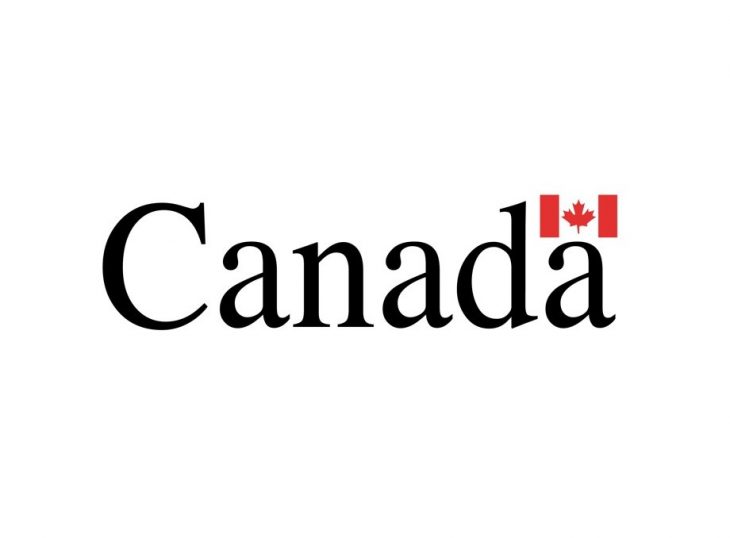
GATINEAU — The Government of Canada announced today it is seeking input from the public and other stakeholders on the best approach to ensuring fair revenue sharing between digital platforms and Canadian news media.
Minister of Canadian Heritage Steven Guilbeault also released a discussion paper today that highlights perspectives raised in the government’s initial engagement on the issue.
Earlier this year, the Department of Canadian Heritage sent out a questionnaire to a number of publishers, broadcasters, platforms, academics, unions, journalist associations and organizations, asking for feedback on two proposed approaches to how the revenues of digital platforms could be shared more fairly with Canadian news media. These approaches include a mandatory code and arbitration regime, and mandatory financial contributions from platforms distributed by an independent fund.
“The first approach would dictate the rules for negotiations between digital platforms and news outlets to ensure news outlets are fairly compensated for their work. A mandatory code would introduce several minimum standards that digital platforms would have to meet in their dealings with news outlets, which could include measures such as good faith negotiations, transparency regarding algorithm changes or data sharing provisions. If parties were unable to reach a negotiated agreement, they would proceed to final offer arbitration where an arbitral panel would select the rate of remuneration to be paid by the platform,” reads the government’s discussion document, which notes this regime would be similar to one recently implemented in Australia.
“The second approach would require digital platforms to make financial contributions to the news and information sector, as a percentage of their overall Canadian revenues, to be paid to an independent fund. These financial contributions would be structured to incentivize digital platforms to look for new ways to support Canadian news and a healthy information ecosystem. This regime would be similar to how TV distributors in Canada are required to contribute to Canadian content within the broadcasting regulatory framework,” continues the discussion paper.
The government says no consensus emerged among the questionnaire respondents about a preferred method of revenue sharing, and responses were “polarized” with stakeholders often favouring one model substantially over the other.
In addition, a number of key policy considerations emerged from the stakeholder submissions, which the government says will help inform the policy development process, including:
- Freedom of the press: “It is essential to Canada’s democracy that the freedom of the press be protected. Any legislative proposal should first and foremost ensure to safeguard and protect freedom of expression under section 2(b) of the Charter of Rights and Freedoms. Additionally, in considering possible legislative models, the potential for undue influence on news media outlets by digital platforms warrants careful consideration,” reads the government’s paper.
- Fairness: “The negotiating imbalance between digital platforms and news outlets is a key concern for many stakeholders. Tools that allow press publishers to negotiate on a level playing field could help ensure that the ensuing commercial deals between news outlets and platforms are fair.”
- Diversity: “Measures that seek to support news and journalism in Canada must consider Canada’s diverse needs and realities. Barriers to entry or innovation, lack of opportunities for journalists and news organizations from equity-seeking groups, as well as challenges in coverage for underserved communities (e.g., local, Indigenous, OLMCs [official language minority communities], rural and remote) all constitute important challenges to overcome.”
- Sustainability: “In considering possible legislative models, the Government could consider how best to foster a sustainable news ecosystem, to ensure that the various parts of the ecosystem contribute sufficiently and appropriately to news and journalism.”
Canadians have until September 15, 2021 to submit their written responses, which should refer directly to the policy considerations mentioned above, says the government’s discussion paper.
For more information, please click here.



